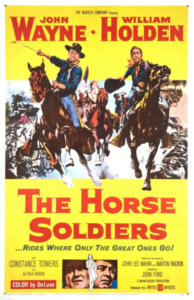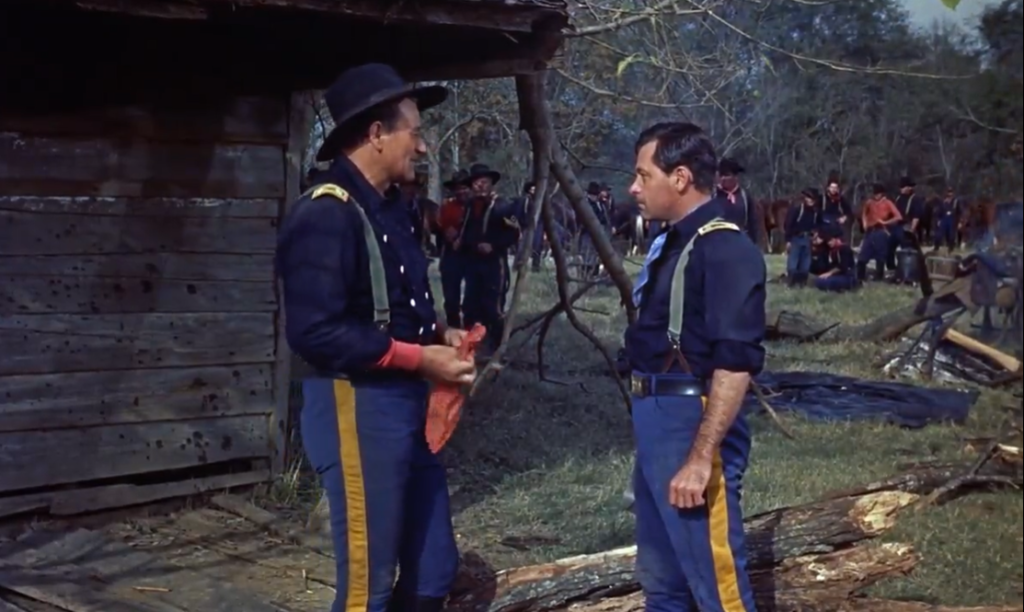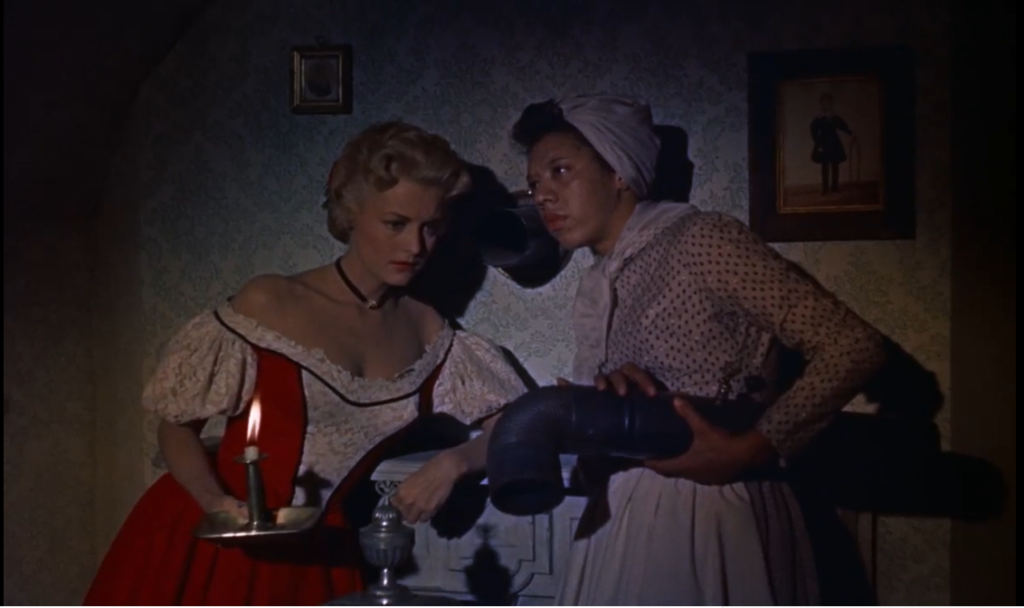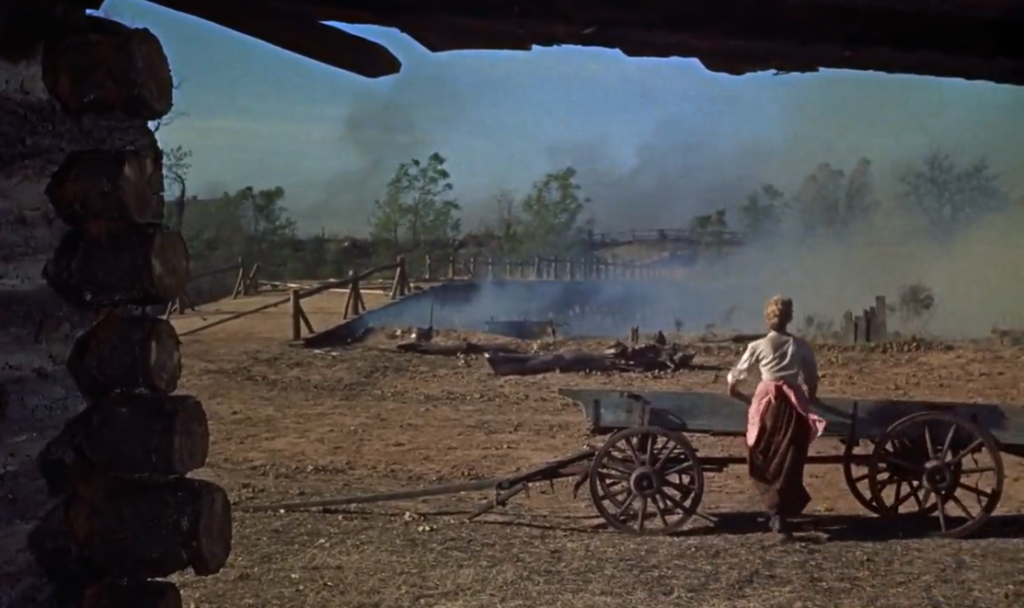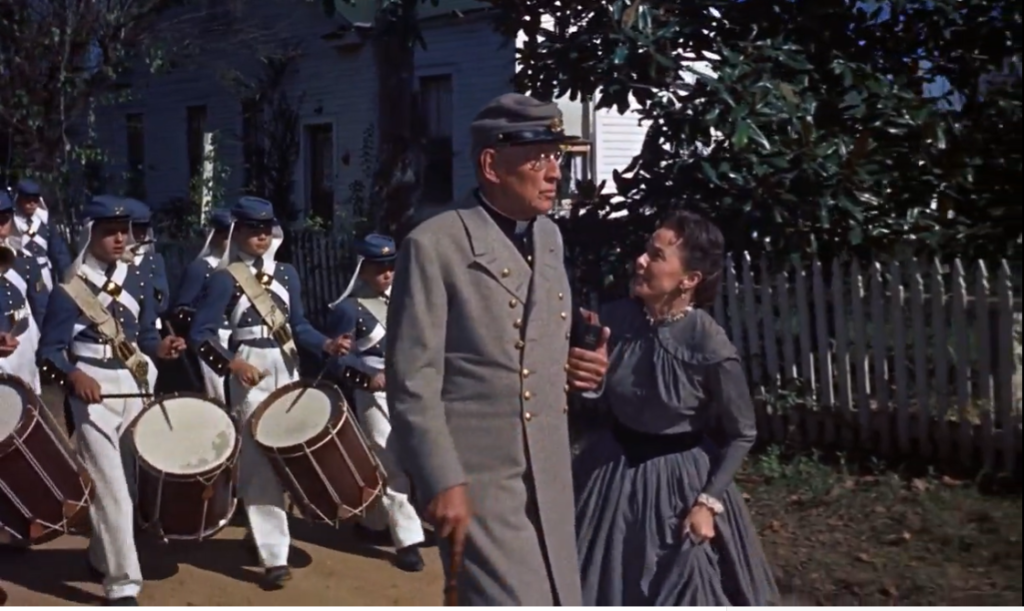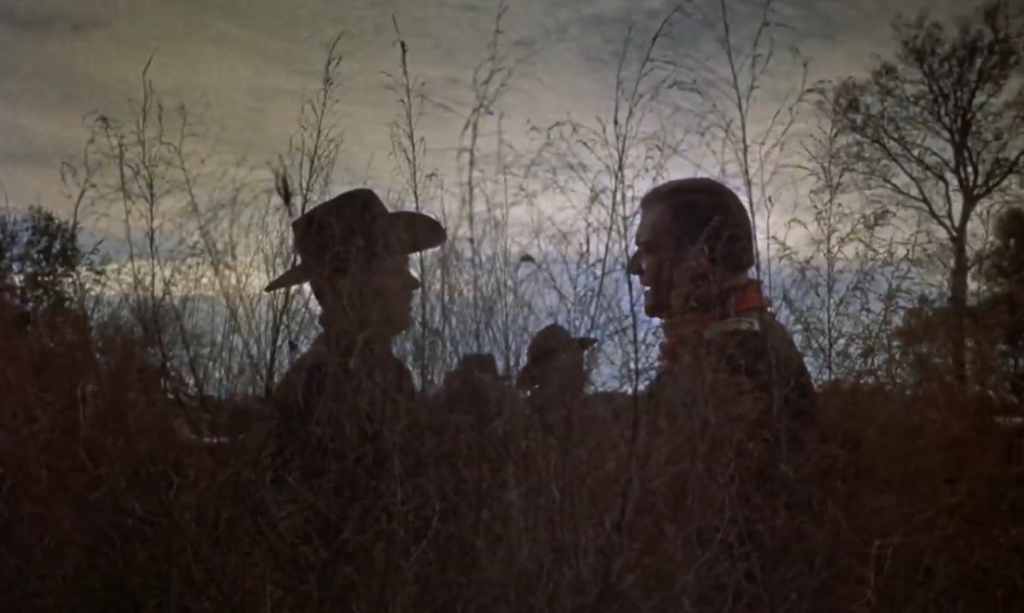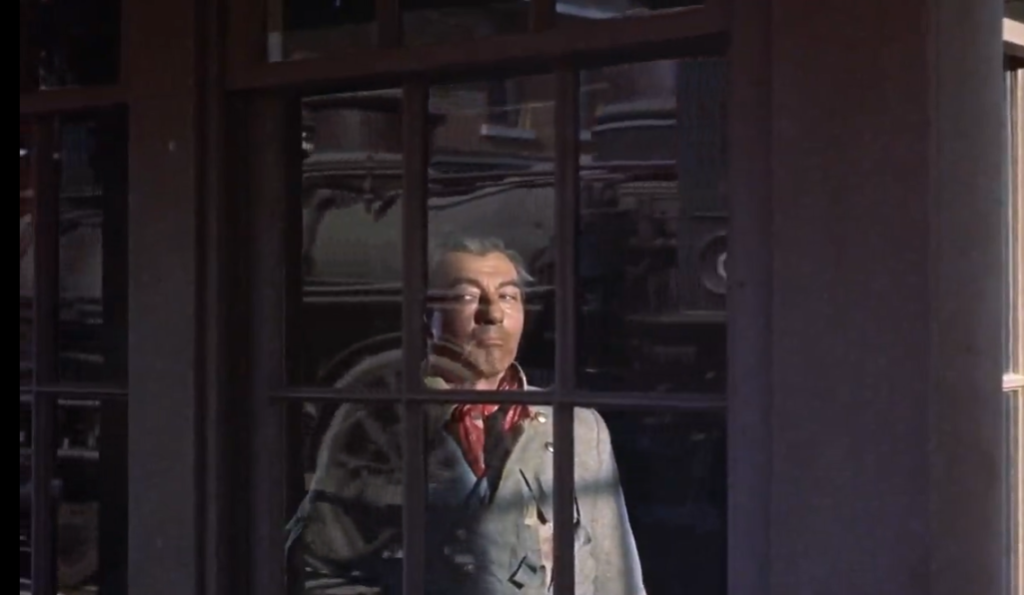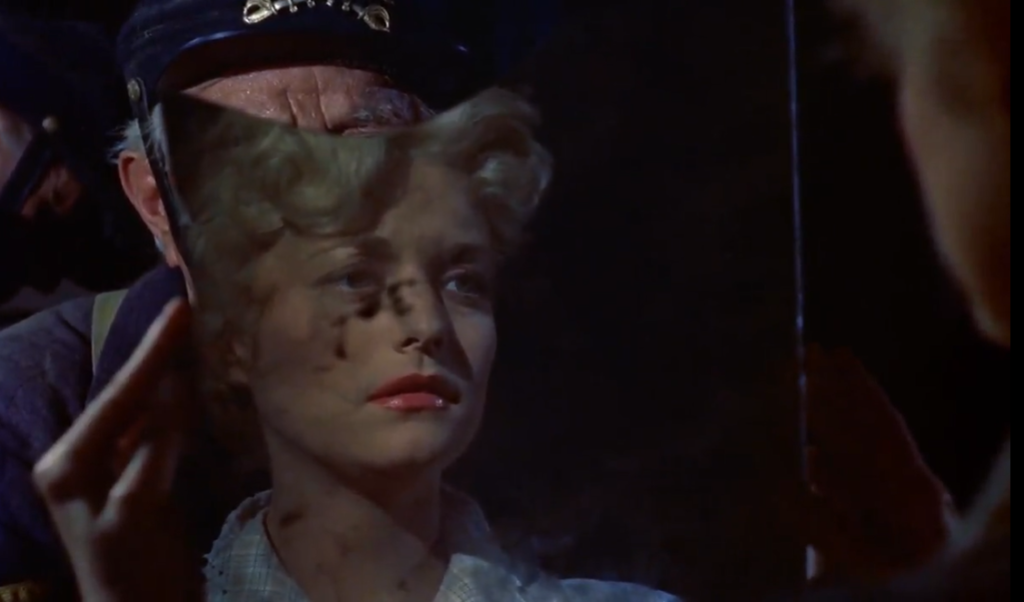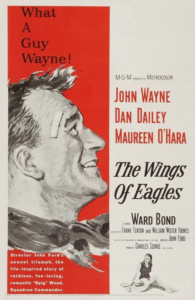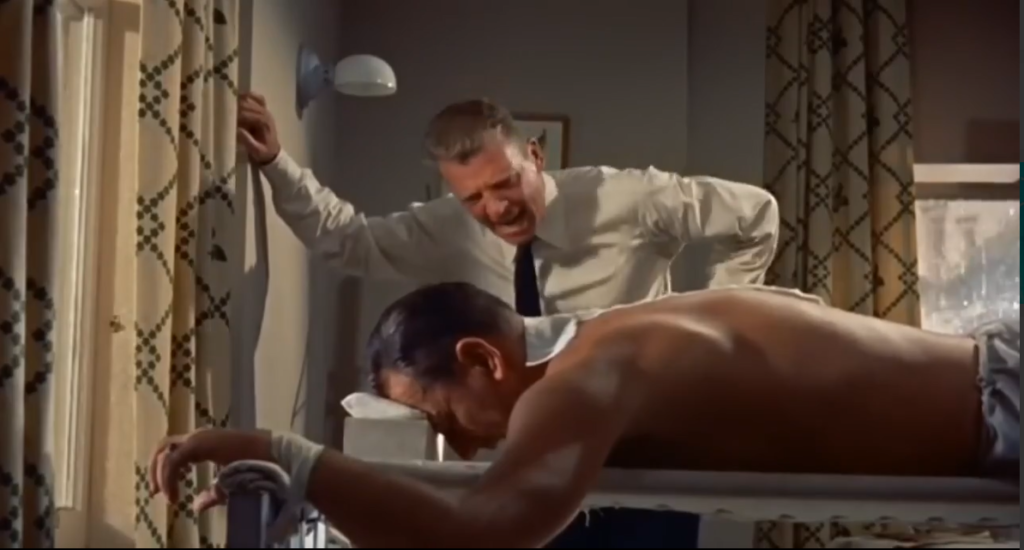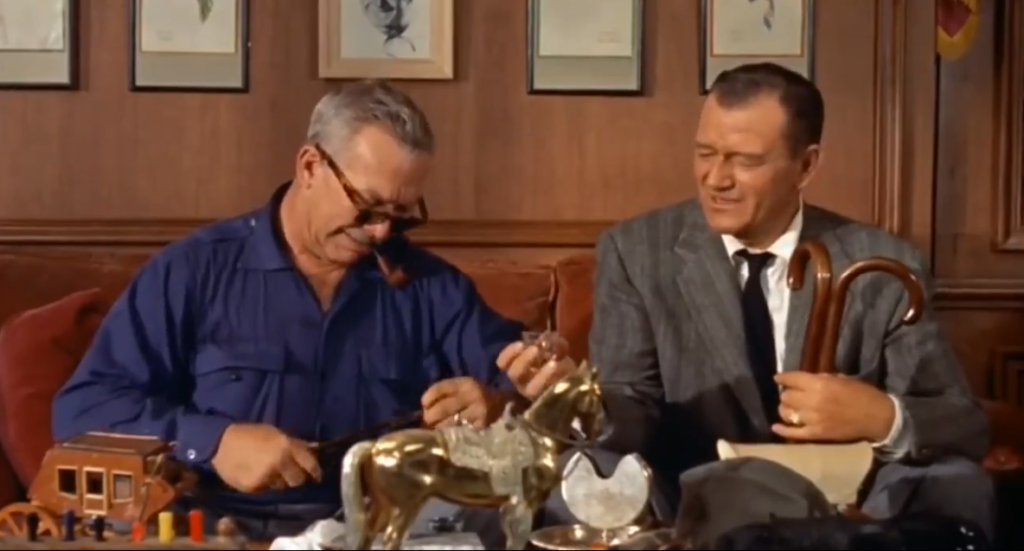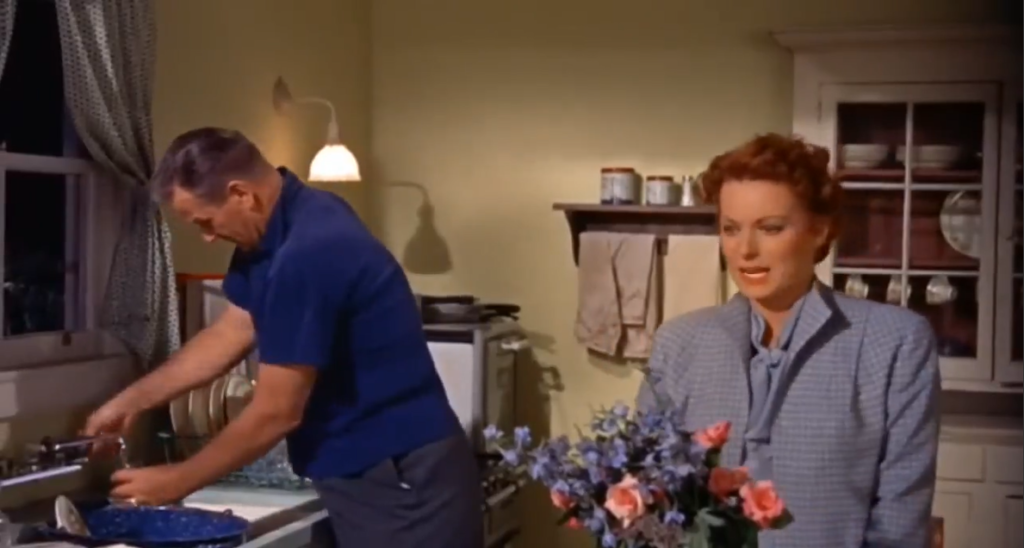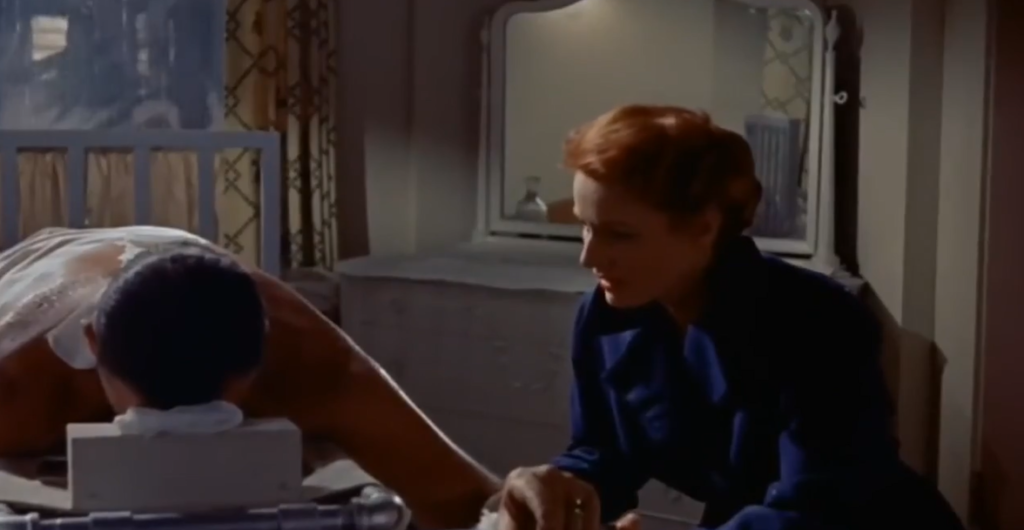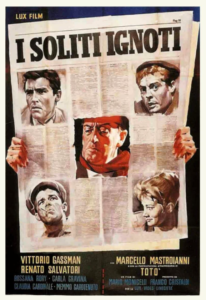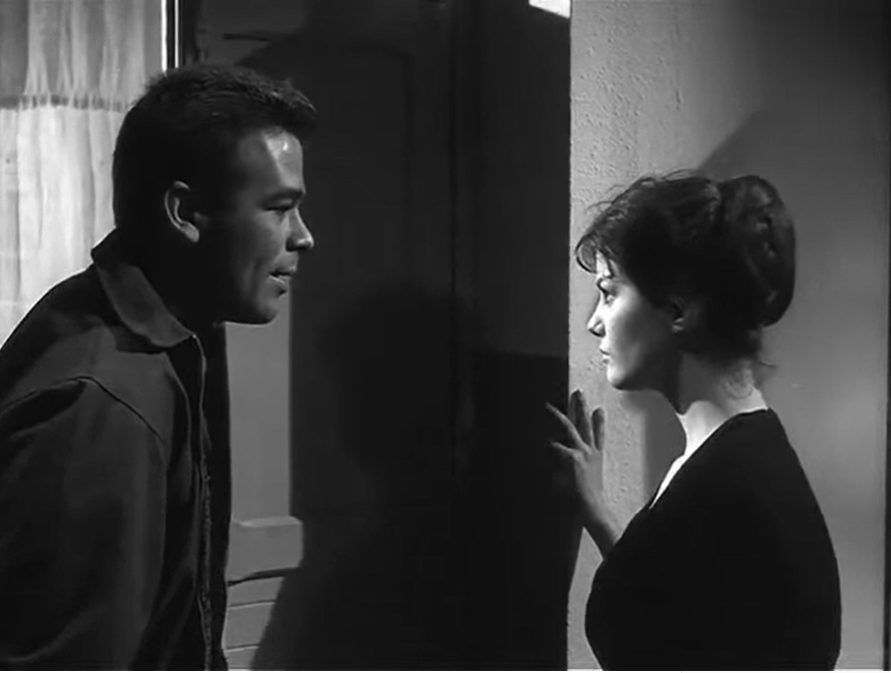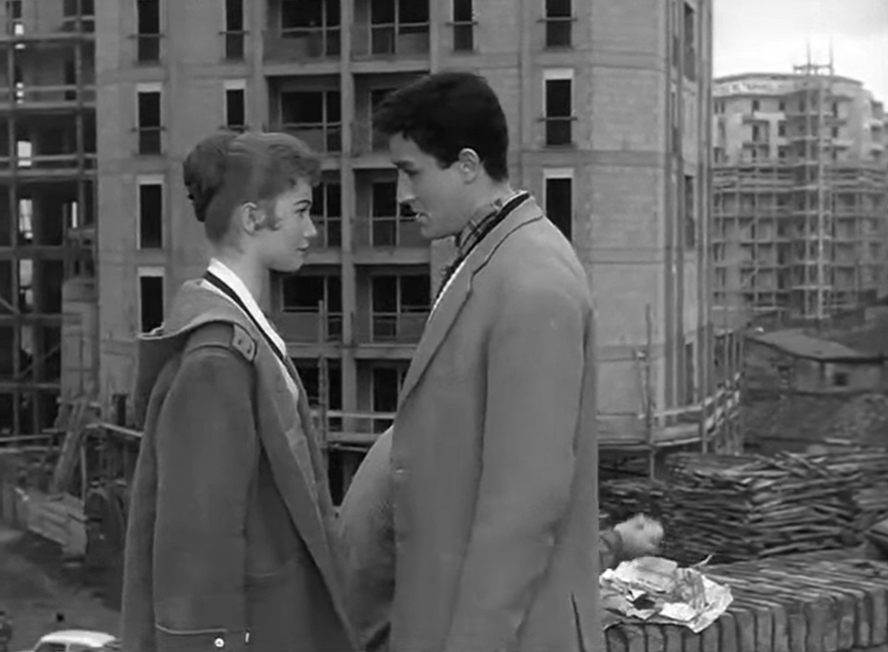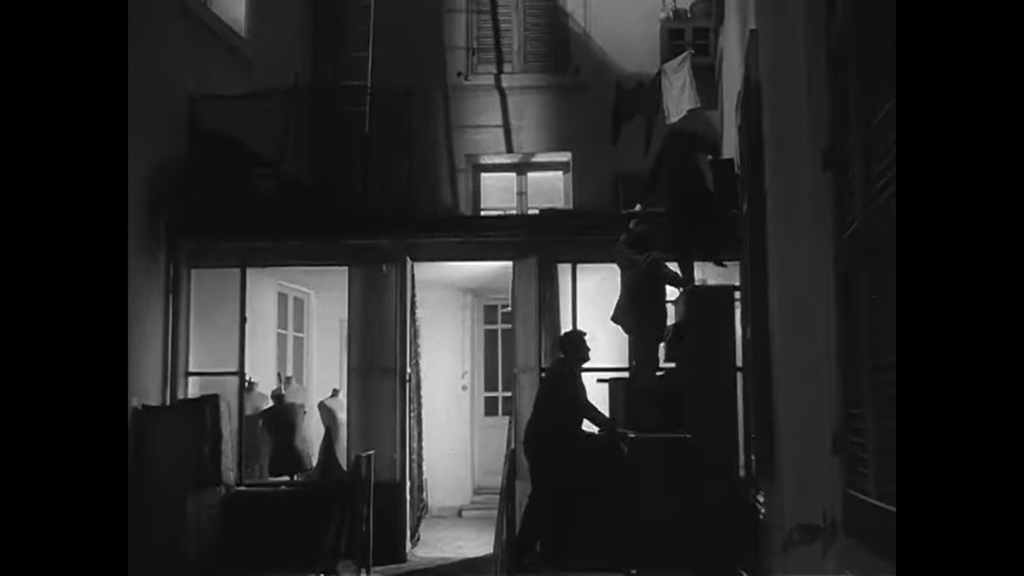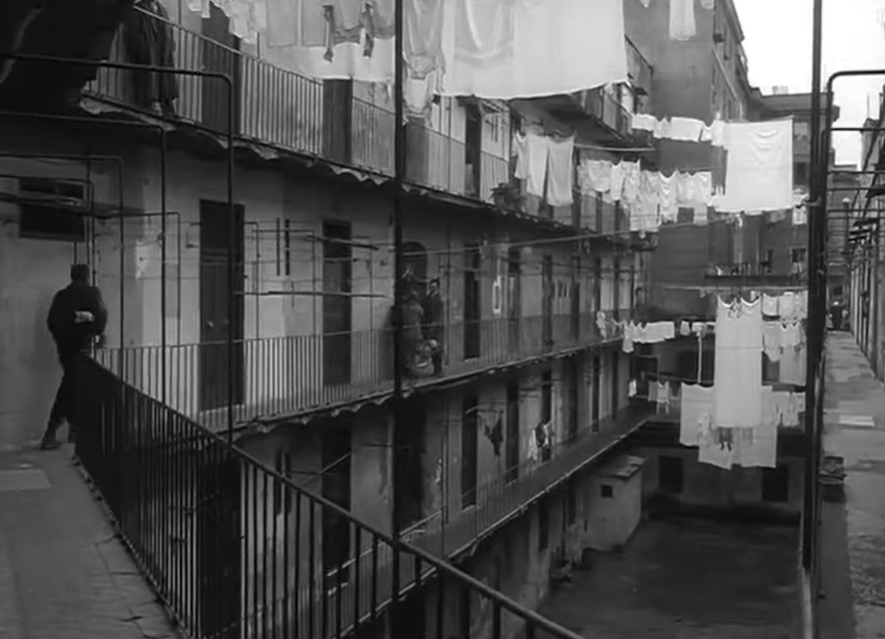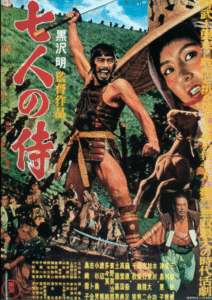|
Genres, Themes, Actors, and Directors:
- Akira Kurosawa Films
- Japanese Films
- Medieval Times
- Samurai
- Toshiro Mifune Films
- Village Life
Response to Peary s Review:
In his overview of this “tremendous achievement by Akira Kurosawa, regarded by most everyone as one of the all-time great films,” Peary points out that each of the samurai join the rag-tag group of defenders for different reasons, ranging from Shimura being “touched that [the farmers] would sacrifice their rice and be stuck eating millet” in order gain protection, to Inaba “who joins because Shimura’s personality intrigues him,” to Chiaki being welcome “because his sense of humor will more than compensate for him being just an average fighter.”

Peary notes that the final battle — which “takes place in the day during a hard rain, with the men racing back and forth through the mud to block off the road into the village and to battle the horsemen who get through the lines” — is “one of the greatest action sequences in the history of cinema:”
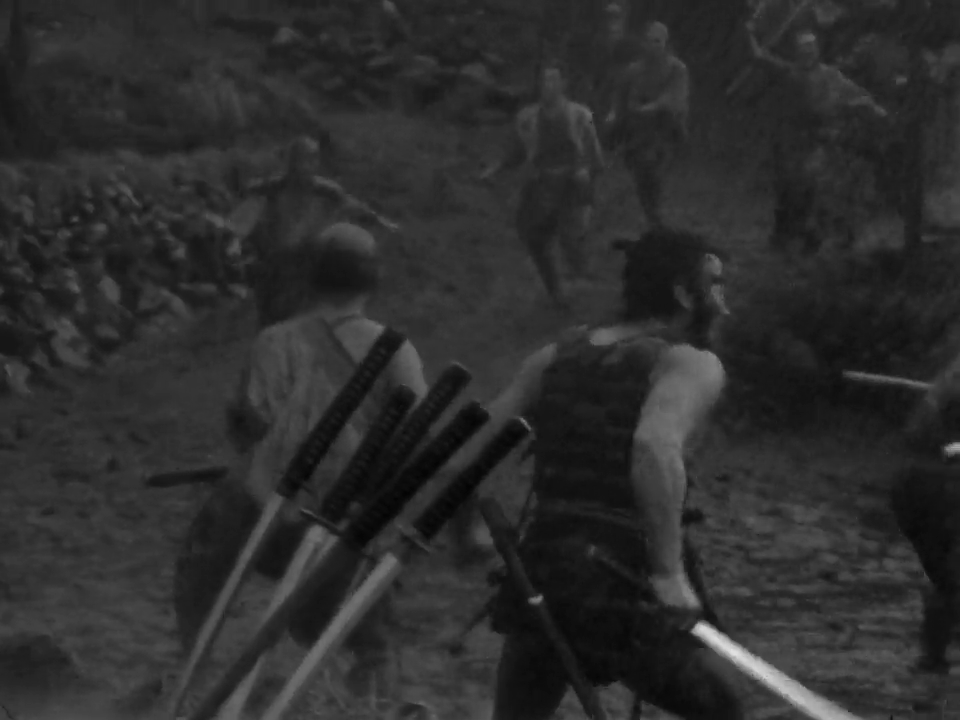
… but he adds that “since Kurosawa’s epic… is peerless as action-adventure, one tends to forget that it’s also a remarkably poignant human drama” — a “brilliant character study where we come to understand that each of the seven samurai takes part in the defense of the village for a personal reason.”
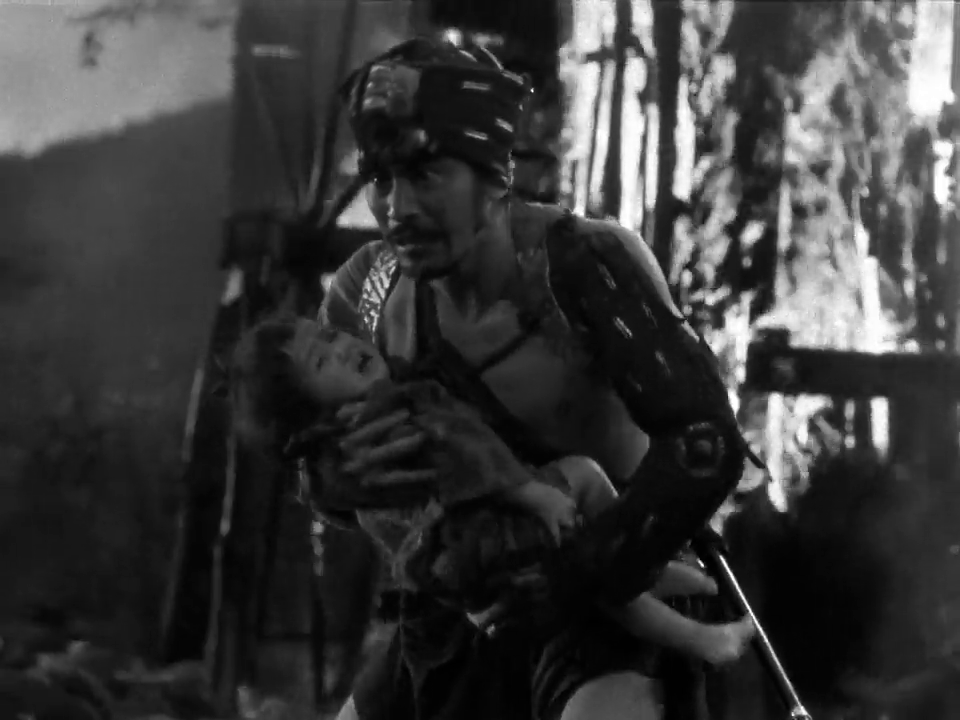
Peary points out that “in addition to dealing with the samurai as individuals and as a group”:
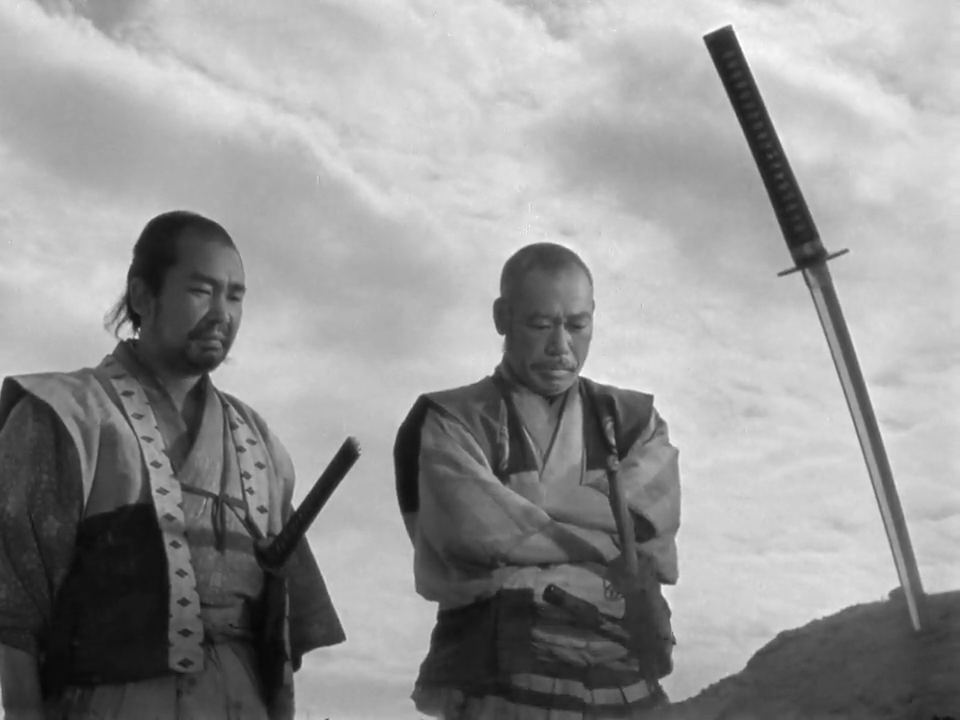
… “Kurosawa takes time to probe the nature of farmers, as individuals and as a group,” leading us to understand “that they are selfish, cruel, and cowardly” but have become that way due to, as Mifune’s character points out, “the looting, raping, enslaving samurai of Japan.”

Peary writes that the “best known directorial element” of this “visual tour-de-force” is that “there is always movement within the frame”; indeed, it’s challenging to capture the film’s essence with stills for this very reason. Ultimately, it’s a movie that needs to be seen to be appreciated — and given how much has already been written about it by others, I humbly defer interested readers to any of the many links below, and/or the Criterion disc’s notable extras.
Notable Performances, Qualities, and Moments:
- Takashi Shimura as Kambei Shimada
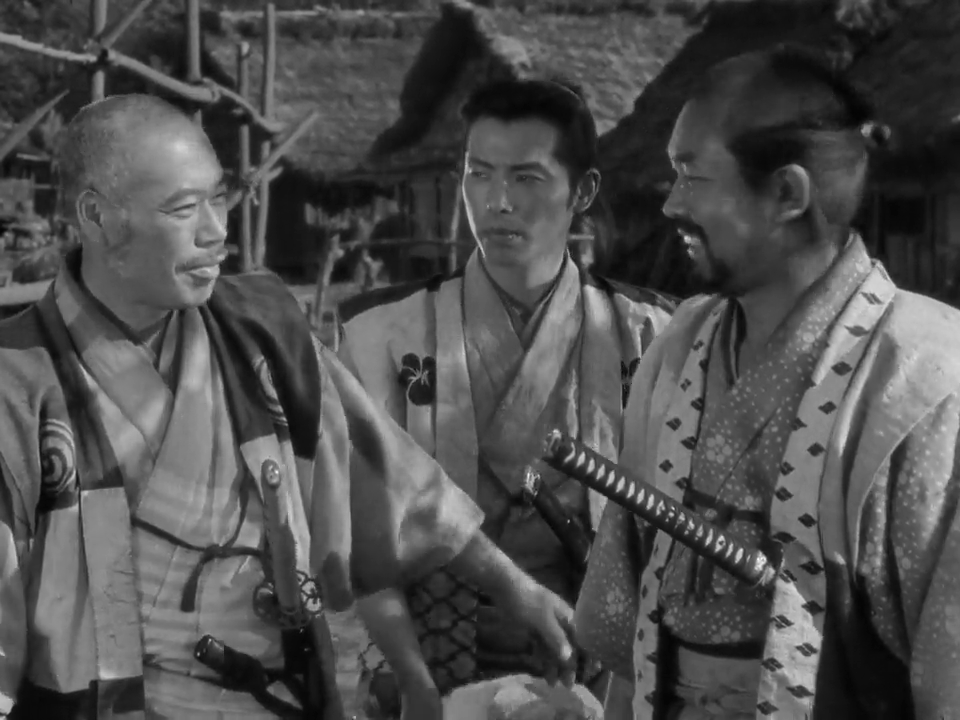
- Gorgeous cinematography
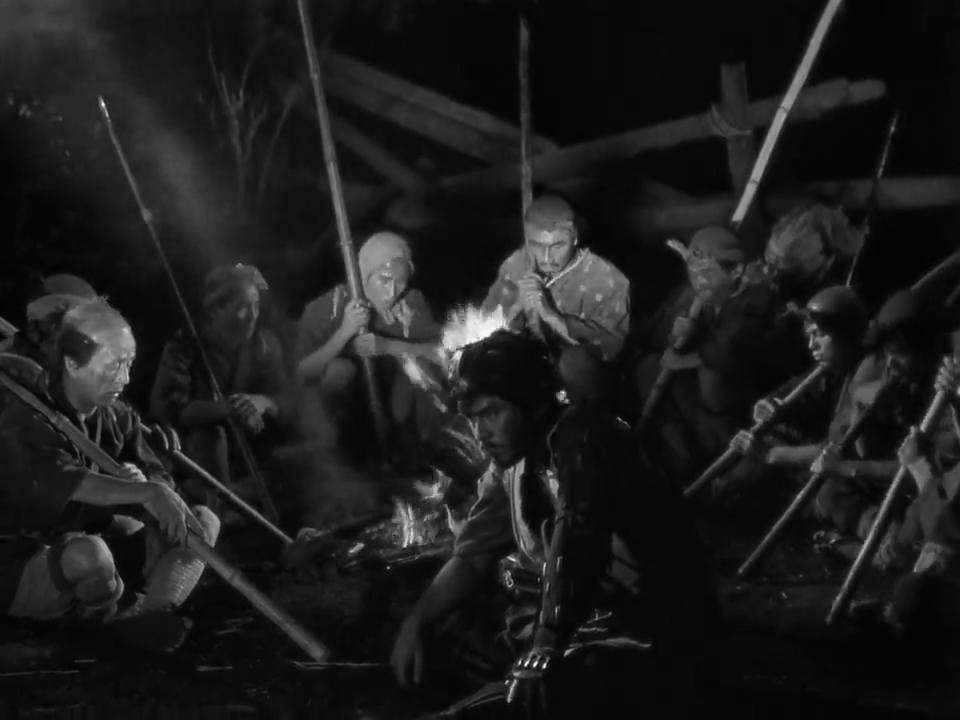
- Many memorable sequences
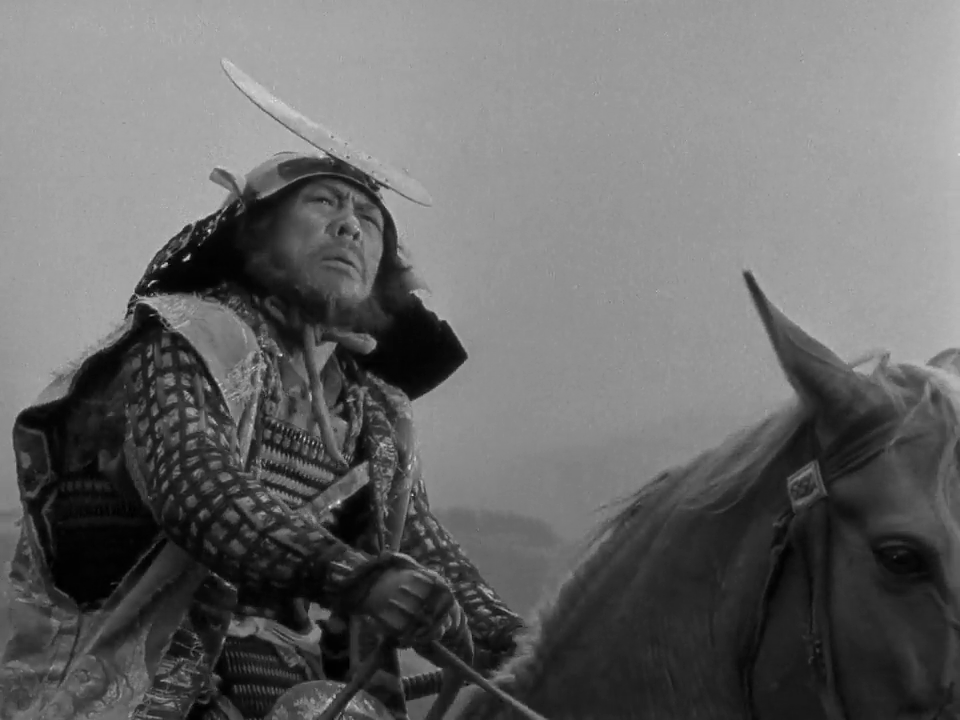
Must See?
Yes, as a masterful classic.
Categories
- Foreign Gem
- Genuine Classic
(Listed in 1001 Movies You Must See Before You Die)
Links:
|
